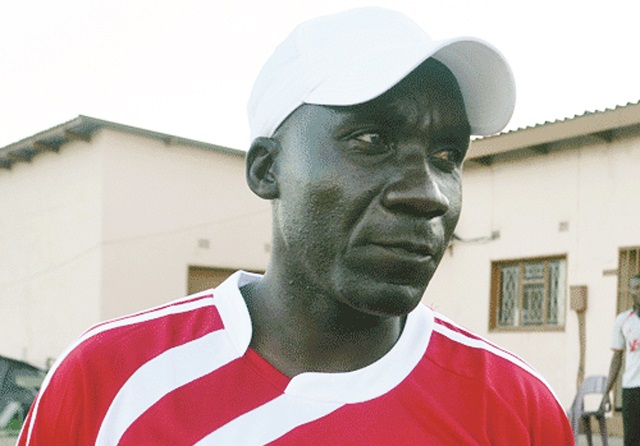National Qualifications Framework draft ready for Cabinet

Auxilia Katongomara, Chronicle Reporter
THE National Qualifications Framework (NQF) draft aimed at reforming the country’s higher education system by exempting courses for students with prior qualifications from Polytechnics upon enrolment at universities is now complete and will soon be tabled in Cabinet, a senior official has said.
The NQF, which also seeks to bring uniformity to degree programmes offered at institutions of higher learning, came after concerns by those holding qualifications from teachers’ colleges and polytechnics that they were being disregarded by universities.
The Minister of Higher and Tertiary Education, Science and Technology Development, Professor Amon Murwira, in an interview on Thursday said the draft was now complete and would soon be tabled in Cabinet.
“The National Qualifications framework is now complete. I am holding the draft document as we speak but I should be able to bring it to Cabinet within the next two weeks,” said Prof Murwira.
He said the NQF was very important as it brought transparency to the higher education system and transferability from one level of education to another.
“The first objective is to make qualifications transparent for users, learners and potential employers so that students know what they are going to learn and employers know what to expect,” Prof Murwira said.
“Secondly, to enable flexibility and transferability between different educational levels, which basically means recognition of prior learning. To say that if a person enrols at a university from a Polytechnic College they must recognise that, that person is from a Polytechnic and that person should be exempted from certain courses and modules.”
He said for every degree offered in the country’s universities, there must be a “Minimum Body of Knowledge” which is more like a standard.
“That thing is so important for this country because, for example, you are at Nust studying Civil Engineering, let’s say at Bindura they also do Civil Engineering and you are transferred from Nust to Bindura, you should be able to continue with your degree.
“They should have a common number of courses which are the same and people can add on top of those but you should have a minimum standard that we refer to as the Minimum Body of Knowledge,” Prof Murwira said.
“But as we speak today, if I call someone who did Environmental Science at Midlands State University and one who did the same degree at Chinhoyi University of Technology, and one from University of Zimbabwe, their degrees won’t have a common denominator.
“So our education system didn’t have this uniformity. What we only knew was the secondary education and that when one is going to university, it’s known that if they did Arts they can pursue these programmes.”
He said the lack of uniformity was more prevalent at universities than polytechnics as their policies are standardised by the Higher Education Examination Council (HEXCO).
“The problem was between HEXCO and Zimche (Zimbabwe Council for Higher Education). Zimche for University and HEXCO for technical colleges.
Transferability or the movement between those two systems (HEXCO and Zimche) was non-existent and arbitrary,” Prof Murwira said. — @AuxiliaK











Comments